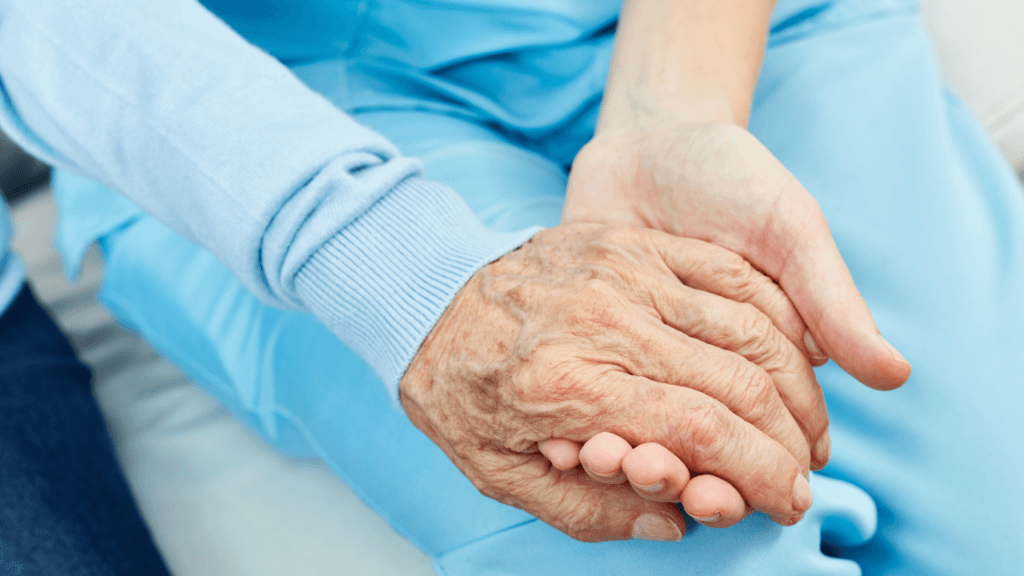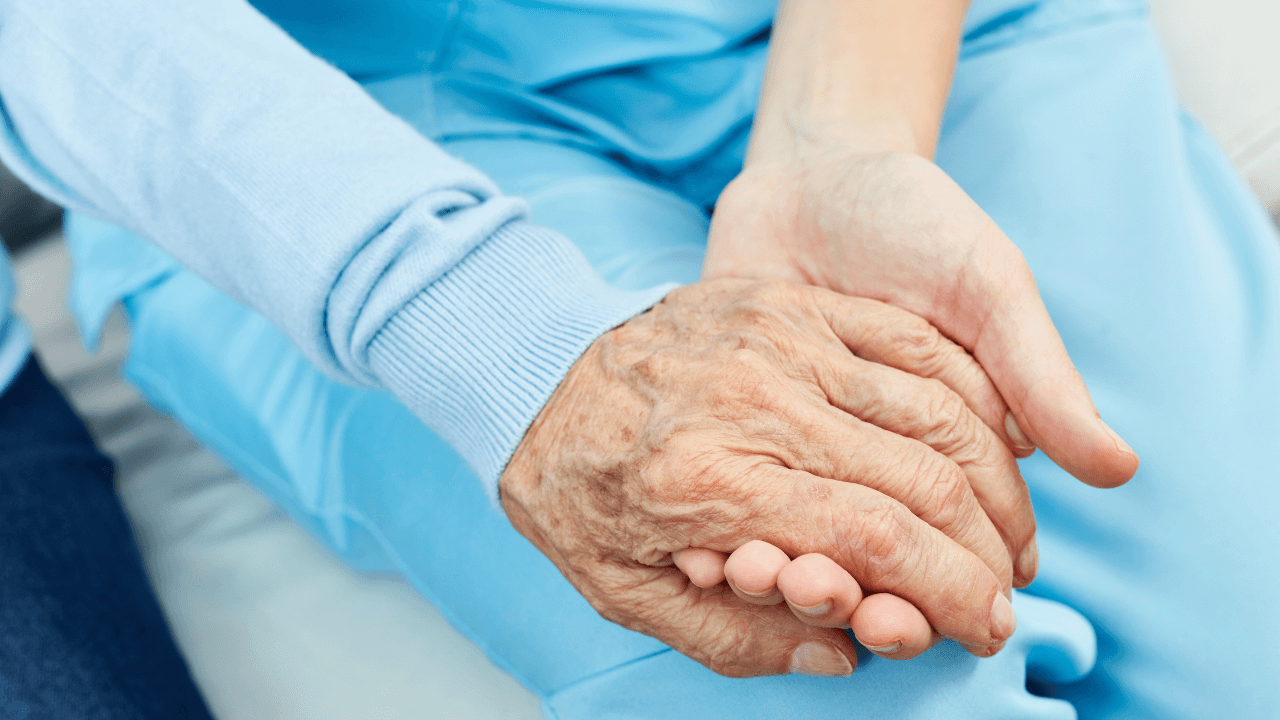
If a person is living in a nursing home, then they should be treated with the utmost respect and care. These facilities should be a place of safety and comfort, but unfortunately, there are times when nursing home residents experience physical, emotional, or financial abuse.
In fact, each year an estimated 5 million seniors are victims of abuse, based on reports from the National Council on Aging. If you suspect that your loved one is facing nursing home abuse or neglect, contact an experienced attorney at Rosenblum Law for a free consultation. We can help protect your loved one from further mistreatment.
Rights of Residents in Nursing Homes in New Jersey
Cases of abuse and neglect in New Jersey nursing homes are often violations of the resident’s rights. These rights are outlined in Section 30:13-5 of New Jersey Statutes and include the right to:
- Manage their own financial affairs
- Wear their own clothing or clothing provided that fits properly
- Retain personal property
- Receive and send unopened correspondence
- Use a phone at a reasonable hour
- Maintain personal privacy
- See their own doctor
- Communicate with anyone they choose, including visitors, at any reasonable hour
- Present grievances
- Live in a safe and decent environment
- Receive management and treatment of pain
- Refuse to perform services for the nursing home
- Have a reasonable opportunity interact with members of the opposite sex
- Eat foods that align with their religion upon request
The following section states that anyone who violates these rights is subject to a lawsuit. The resident or their guardian can sue the nursing home and the individuals who abused or neglected the resident or violated any of these rights.
Neglect in New Jersey Nursing Homes
Neglect in a nursing home can occur unintentionally. Examples of nursing home neglect include:
- Leaving an immobile resident in their bedroom for hours without care
- Not calling a doctor or nurse if medical care is needed
- Leaving infections, injuries, bed sores, or other illnesses untreated
- Failing to provide sufficient hygiene care
- Failing to wash and change the patient’s clothing and bedding regularly
- Failing to provide proper nutrition
There are certain signs that a loved one is being neglected in a nursing home.
- Visible weight loss (can be a sign of malnutrition)
- Dehydration
- Bed sores
- Unsanitary living conditions
- Behavioral changes
- Poor hygiene
- Unexplained mood swings or anxiety
Neglect can seriously harm a nursing home resident. It is important to visit a loved one in a nursing home regularly and pay attention to their cleanliness, nutrition, and other aspects of their health, safety, and well-being.
Abuse in New Jersey Nursing Homes
If someone intentionally harms a nursing home resident, it falls in the category of abuse. Here are a few common examples of abuse:
- Threatening physical harm or isolation
- Physical injury
- Withholding medications, water, or food
- Over-medicating
- Ridiculing or yelling
- Financial exploitation (for example, persuading a resident to “invest” in a business or side hustle, or to make what turns out to be a fraudulent purchase)
- Engaging in any non-consensual sexual contact
- Emotional abuse
There are signs that a loved one is being abused in a nursing home. Look for:
- Unexplained injuries
- Infections
- Depression, confusion, or withdrawal
- Weight loss or weight gain
- Reluctance to speak in staff members’ presence
- Unusual or sudden changes in behavior, such as shying away from a touch
- Wanting to be isolated from others
If someone suspects nursing home abuse, they should talk to their loved one and ask about their care. A nursing home resident may be reluctant to say anything, but their behavior and reaction will say a lot. If they become agitated and upset when asked, chances are that they are experiencing abuse.
How to Prevent Nursing Home Neglect and Abuse
Nursing home abuse and neglect impact the elderly in many negative ways. For example, they can affect a resident’s mood and even cause severe depression and anxiety. If a resident has health conditions, these will often become worse when they are being abused or neglected.
Preventing nursing home neglect and abuse begins with carefully researching a nursing home before placing someone there. Once the person becomes a resident, prevent abuse and neglect by:
- Calling and visiting regularly
- Being aware of the signs of abuse and neglect, and looking for them during calls and visits
- Noting any complaints that are reported on a phone call
- Bringing any concerns to staff or authorities immediately
Although the steps above are not guaranteed to prevent neglect or abuse, they will go a long way toward keeping a loved one safe.
Penalties for Nursing Home Neglect and Abuse in New Jersey
In New Jersey, a nursing home can be fined up to $5,000 per day per violation. Additionally, federal law allows fines of up to $10,000 per day per violation.
Criminal charges also may be filed against individuals who neglect or abuse a resident. Section 2C:24-8 of the New Jersey code makes elder abuse and neglect a third-degree crime, which is a felony charge that can result in three to five years in prison and a fine of up to $15,000.
What to Do If You Suspect Nursing Home Abuse or Neglect
The first step is to call the police and remove the person from harm’s way. The next call should be to an attorney experienced in elder abuse and neglect cases. It can be complicated and stressful to file a complaint for nursing home abuse or neglect, which is why it is important to hire a knowledgeable lawyer.
Make sure to talk to the resident to gather as much information as possible. Take notes and look for any other relevant documentation, including photos, and videos. An attorney will offer recommendations for building the case, including interviewing witnesses, securing medical files, etc.
Filing a complaint with the nursing home, and potentially a lawsuit in court, is the best way to ensure the abuse or neglect stops. Additionally, there might be financial compensation available for the family.
New Jersey allows lawsuits of up to $350,000 to be filed by the resident or their family members for nursing home abuse and neglect. Such a lawsuit must be filed within two years of when the injury was discovered, a negligent act was committed, and/or a wrongful death occurred. This statute of limitations can be extended if the injuries were discovered well after the incident.
In addition to the steps above, seek therapeutic help for the resident when they have been abused or neglected. Psychotherapy can help them process the traumatic experience they have been through to improve both their mood and their health.
FAQs
A person can be a victim of nursing home abuse in many ways, such as neglect, physical, emotional, and financial abuse. You should be alert to all of these things.
Family involvement in the resident’s life is essential. When you are talking to the person or visiting with them, look for potential signs of abuse, such as injuries, a change in behavior, and other changes in their appearance or activities.
Finding an attorney is essential if you are preparing to file a claim for nursing home abuse. You’ll want to make sure you have good legal representation by choosing someone with experience in these cases.
Call Rosenblum Law Today
If you suspect nursing home abuse in New Jersey, know that Rosenblum Law is here to assist. Our legal team has been representing nursing home victims for many years. We have the best strategies to ensure justice is served for your loved one.
The simplest way to get started is by booking a free consultation. We’ll schedule a time to meet so we can discuss your case and start gathering evidence to file the claim. Call us today at 888-235-9021.


